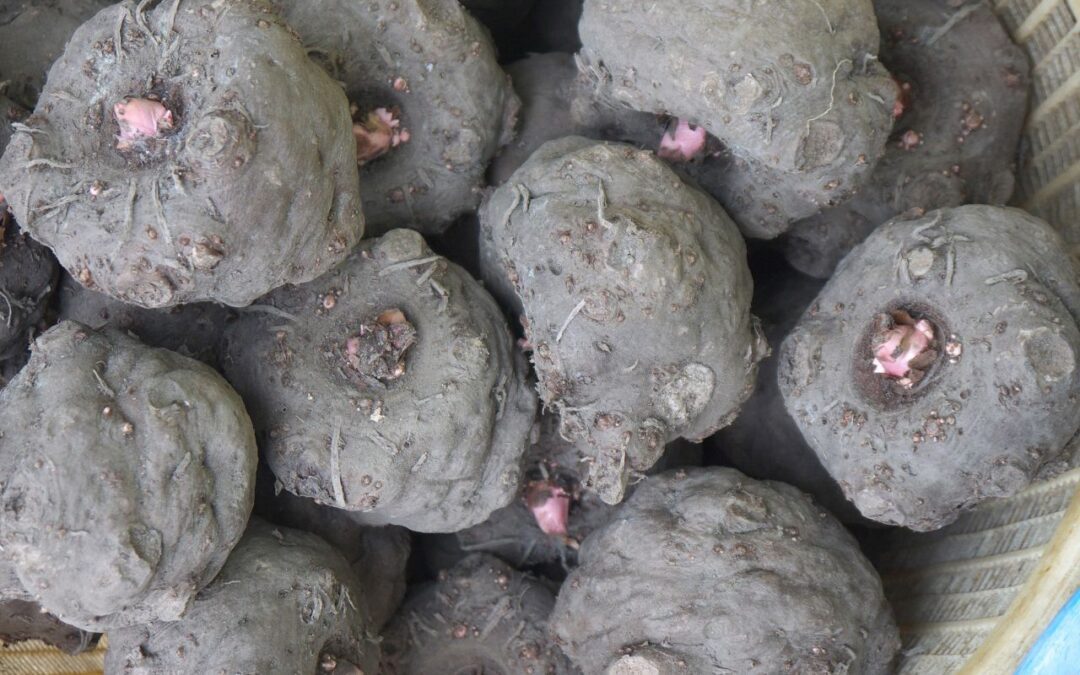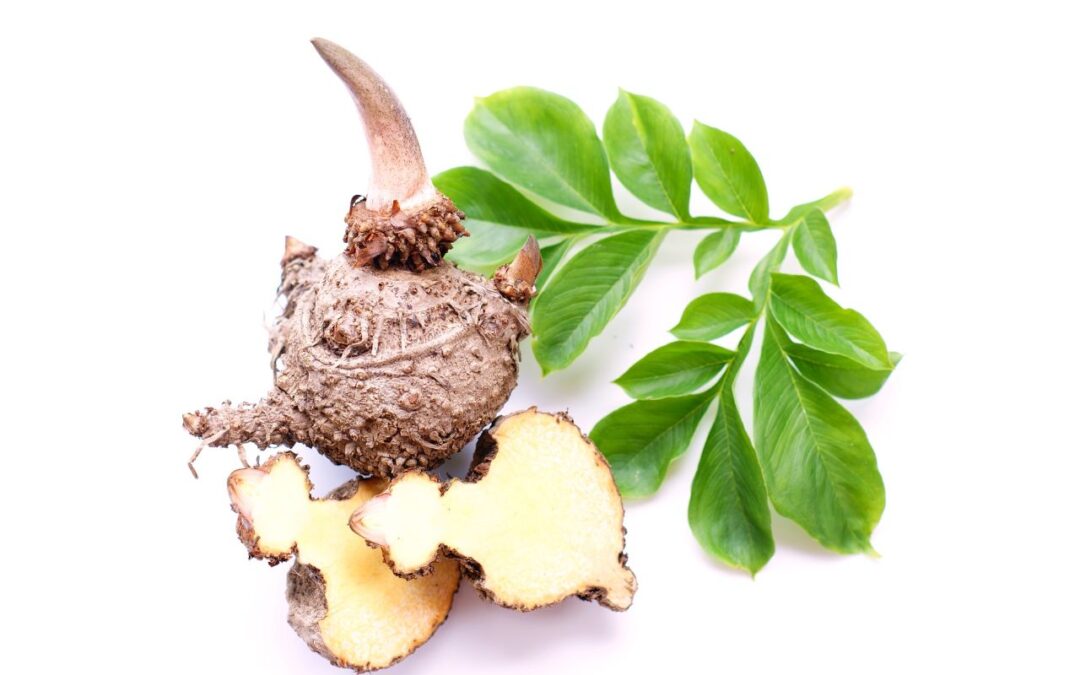Habits are the invisible forces that drive our lives. They help us navigate the complexities of daily existence by automating routine tasks, conserving mental energy, and providing a sense of structure and predictability. Here’s why habits are so powerful: 1. Consistency: Habits provide a sense of consistency in an ever-changing world. They can anchor us and keep us on track, even when life throws us curveballs. 2. Efficiency: Habits streamline our actions, making routine tasks easier and quicker to accomplish. This frees up mental bandwidth for more critical decisions and creative pursuits. 3. Long-term Impact: Positive habits have the potential to transform our lives. Over time, they lead to substantial improvements in health, productivity, and overall well-being.
How Habits Work
Habits are composed of three main components: a cue, a routine, and a reward. Understanding this habit loop can help you create and modify habits effectively: 1. Cue: This is the trigger that initiates the habit. It can be a specific time, place, emotion, or even an action that prompts you to start the routine. 2. Routine: The routine is the behavior or action you want to make habitual. It’s the core of the habit-forming process. 3. Reward: The reward is the positive outcome or feeling you experience after completing the routine. It reinforces the habit loop and motivates you to repeat the behavior.
Practical Strategies for Creating Habits
- Start Small: Begin with achievable, tiny habits. They’re easier to integrate into your daily routine and build upon over time.
- Be Consistent: Consistency is the key to habit formation. Perform your chosen habit at the same time or in the same context each day.
- Use Visual Cues: Place visual reminders in your environment to trigger your habit. For example, leave your workout gear by the bed to prompt morning exercise.
- Track Progress: Keep a habit journal or use habit-tracking apps to monitor your success and hold yourself accountable.
- Positive Reinforcement: Reward yourself for sticking to your habits. It can be as simple as acknowledging your achievement or enjoying a small treat.
- Stay Patient: Habit formation takes time. Don’t be discouraged by setbacks; they’re a natural part of the process.
Conclusion
Creating habits is the path to self-improvement and personal growth. Whether you want to boost your productivity, enhance your well-being, or achieve specific goals, habits are the tools to get you there. Remember that successful habit creation is a journey, not a destination. Embrace the process, start small, and stay consistent. Over time, you’ll find that positive habits will become an integral part of your life, propelling you toward success and fulfillment. So, take the first step today, and watch your habits transform your future!





0 Comments